Creating an Estate Plan Should Be On Your To-Do List
Now that we are well into the new year, it is a perfect time for people who have not begun the process to understand the benefits of getting a plan started.
Home » Estate Planning » Page 48

Now that we are well into the new year, it is a perfect time for people who have not begun the process to understand the benefits of getting a plan started.

Depending on whether you are the only beneficiary, or you are buying out other beneficiaries, you could move in, rent or sell.

Experts say that creating a plan for what happens to your estate — regardless of the size of your assets — is key for unmarried couples who want their commitment to each other protected in the event of death.

Healthcare is a major expense for seniors, so much so that recent estimates put the average cost of it at $387,644 throughout retirement for the typical 65-year-old couple retiring today. While that figure may seem astronomical, it actually doesn’t account for a related expense that many seniors will inevitably face: long-term care.

Running and owning a business is just like raising a child: Both are investments in the future and both require a lot of time, resources and effort to raise successfully.

The number of unmarried couples who live together reached 18 million in 2016, a 29% jump from 14 million in 2007. Among adults age 50 and older, the increase was 75%: About four million were cohabiting in 2016, up from 2.3 million in 2007.

If you pass away without naming beneficiaries in your will, it can create legal entanglements for your heirs.

When a loved one is experiencing cognitive decline, emotional and medical considerations often overshadow the financial planning that needs to happen. This is a potentially costly mistake.

Estate planning is a systematic process, which involves getting your personal and financial goods for the time, if you pass away or become incapacitated. It is also known as last will, and almost everyone does this planning for their family.

Failing to withdraw a required minimum distribution (RMD) from your own or an inherited IRA by the deadline results in a big tax code penalty: 50%. That’s right.

1067 N. Mason Road, Suite 3
St Louis, MO 63141
Copyright 2020 The Laiderman Law Firm, P.C. All Rights Reserved